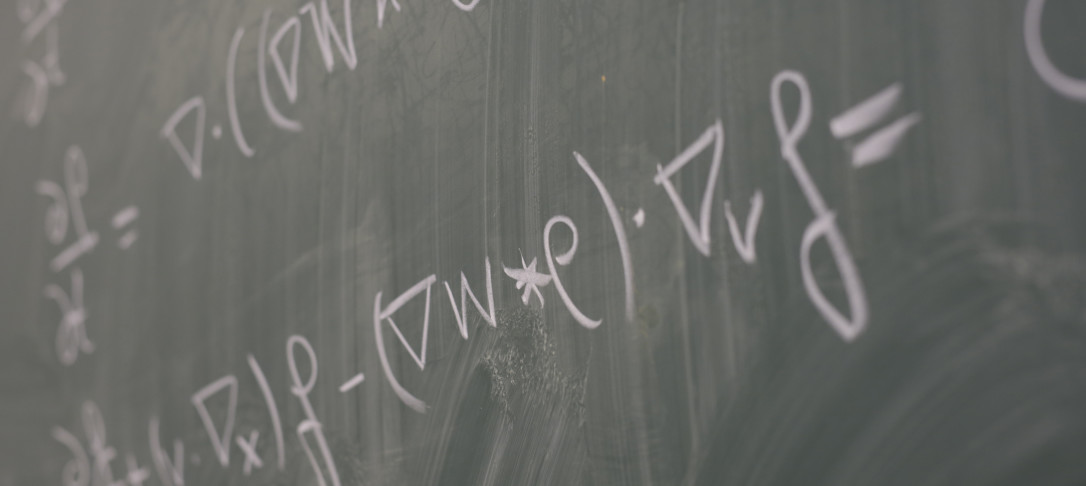
Title
Weak Null Singularities in Spherically Symmetric Black Holes
Abstract
The first part of this seminar will be an overview of strong cosmic censorship conjecture in general relativity. After introducing some background on the initial value problem in GR, we will link (the C^0 form of) the strong cosmic censorship conjecture to the problem of uniqueness of the solutions of this IVP. We will also relate SCC to the question of whether a (continuous) extension of the spacetime metric exists. We will see how the exact Reissner-Nordstrom solution of the Einstein equations seems to violate the conjecture at a first glance but can be disregarded as ‘non-generic’ and unphysical. Then we will compare with the generic and physically significant Einstein-Maxwell-scalar field solution which does violate the original C^0 formulation of strong cosmic censorship. We will discover that, although the C^0 formulation fails, the physically significant C^2 formulation and higher regularity formulations of the conjecture hold for this spacetime. In this case the metric can be extended to the spacetime boundary in a continuous, but not in a C^2 fashion. We define this type of boundary to be a weak null singularity – and it has some interesting properties.
In the second part of this talk, I will introduce some of my own work in progress and how it relates to the above picture. We’ll work in the interior of the spherically symmetric Einstein-Maxwell-scalar field black hole. We ask the question: what happens to observers as they approach the weak null singularity? To answer this question, we first make the ‘reasonable’ assumption that an observer is a congruence of point-like infinitessimal dust particles with radial geodesic trajectories. Given the rate of blow up of physical quantities of the singularity, we will prove that tidal forces on the hypothetical ‘observer’ remain finite at the singularity. We use these results to show that the energy density of a congruence of dust (perfect pressureless fluid) falling into the singularity remains bounded.
Towards the end of this talk, we will explore some open questions in SCC. I’ll try to answer a question more important than the one I asked above: Why does it matter what happens to observers when they approach the weak null singularity? …and where this leads me next.
Please note that the seminar will take place in person in room 642 of Huxley Building.